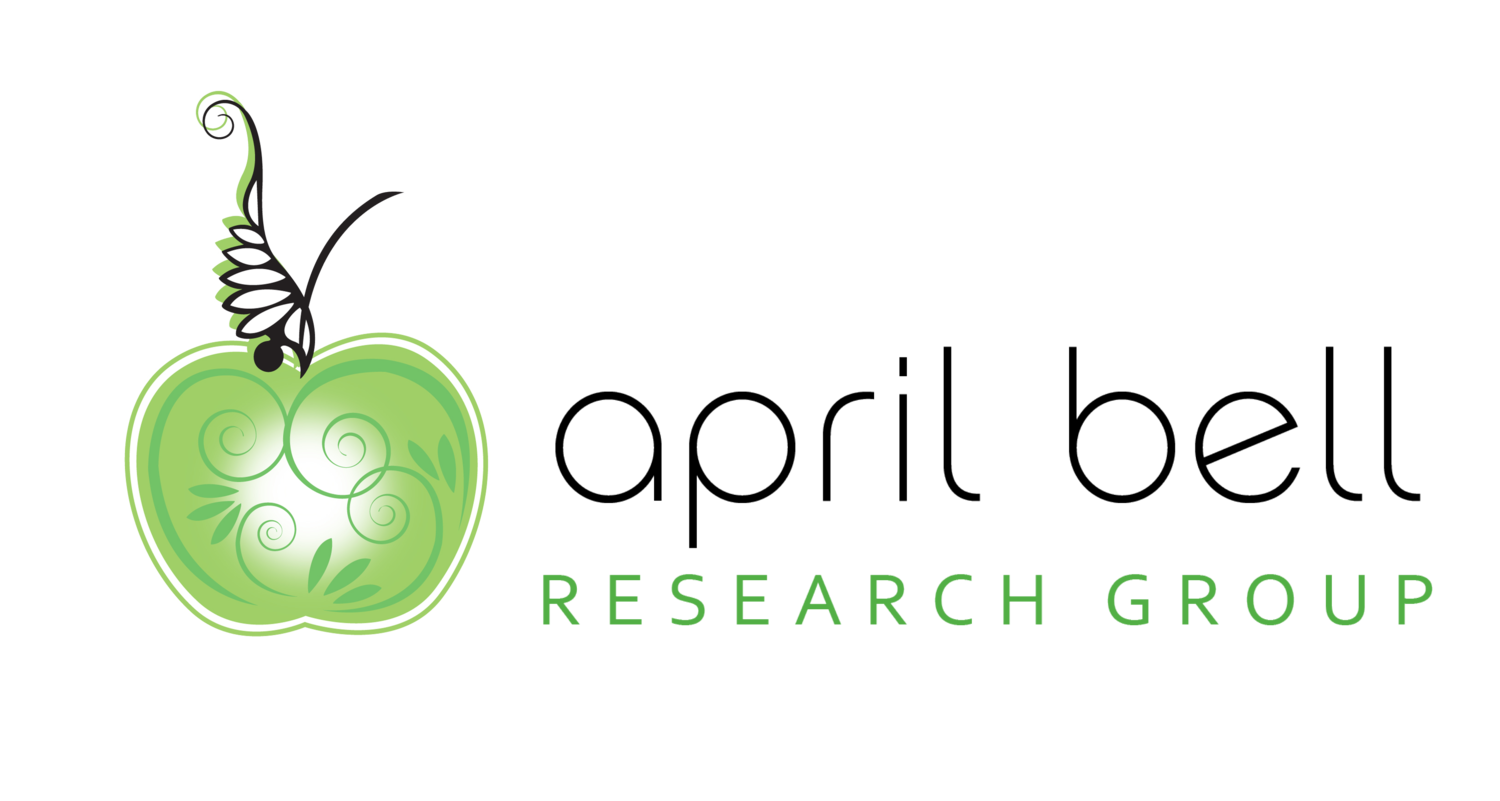
Go to skittles.com. I promise it will throw you for a creative loop. Tagline is “Interweb the Rainbow. Taste the Rainbow.” This line makes sense when you see the site, because it’s not really a Website, but a social media smorgasbord. Initially, you’ll think you’ve landed on a Wikipedia page, because their Wikipedia page is the background of the Site!
To even get permission to view the Site, you have to give them your birth date. Marketing genius! First of all, 90% of people navigate away from a Website within a minute. So if someone takes the time and effort to enter their birth date, their level of interest in learning more about Skittles must be fairly high. Second, by requiring people to enter their birth date, Skittles can determine what age demographic their products reach.
As you surf the Skittles site, it uses various online social marketing tools to pull up information about Skittles. For example, when you click on the Media tab, it pulls up videos via the YouTube site, and photos via Flickr. When you click on the products tab, it takes you to the product description on their Wikipedia page. Again, marketing genius.
This bold move is risky, because by turning their Website into a social media hub for skittles, they lose a lot of control. For example, whenever someone twitters about skittles, its shows up in their twitter stream. That means if someone twitters something negative, that’s right-it shows up in its Twitter stream. But this site is causing buzz, and buzz, aka word-of-mouth, is marketing heaven. Looks like the Skittles rainbow is on its way to a pot of gold.





















